Tag Archive for: compliance

Caterina Bulgarella Dispels the False Meme that Culture Is Intangible
Blog Featured Interview: Caterina Bulgarella PhD, Culture Architect and Ethics Expert
Featured Interview: Caterina Bulgarella PhD, Culture Architect and Ethics Expert
What are your current areas of work and research?
Both my work and research focus on organizational culture. Over time, this work has become one and the same with building ethics in organizations, consistent with the evolution companies have been going through over the past 10-15 years. Ethical behavior underlines a powerful cocktail of ingredients (e.g., self-regulation, moral awareness, ability to ‘self-organize’ in the face of missing information, etc.). These human qualities and behaviors are also what organizations need to master the unprecedented level of complexity and change they face today.
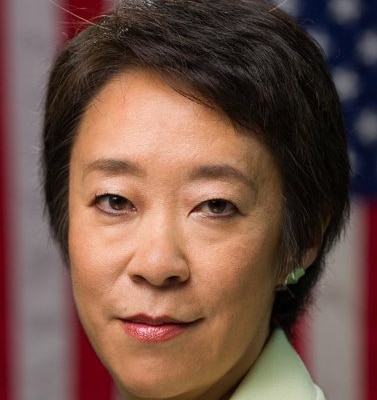
Featured Ethics and Compliance Expert: Hui Chen
BlogFeatured Interview: Hui Chen, Compliance and Anti-Corruption Consultant and First-ever Compliance Counsel Expert at the United States Department of Justice
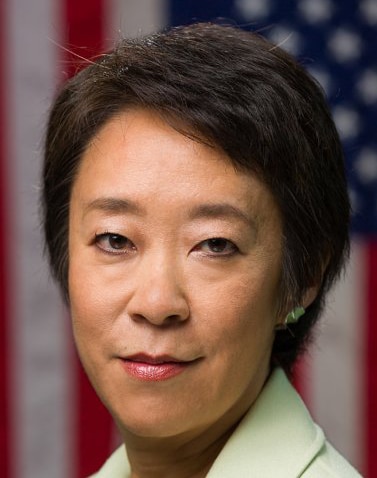 As the first lawyer to hold the post of Compliance Counsel in the DOJ, how would you articulate the goal of the DOJ’s expansion with respect to the role of compliance in corporate crimes?
As the first lawyer to hold the post of Compliance Counsel in the DOJ, how would you articulate the goal of the DOJ’s expansion with respect to the role of compliance in corporate crimes?
DOJ Policy requires federal prosecutors to consider certain factors in corporate prosecutions, including the state of the company's compliance program at the time the misconduct occurred, and any enhancements made in remediation to the misconduct. By creating the Compliance Counsel role, the Fraud Section in the Criminal Division sought to bring in-house expertise to that evaluation. In doing so, the Fraud Section both recognizes compliance as an area of professional expertise, and heightens the significance of that expertise as something that is critical to companies.
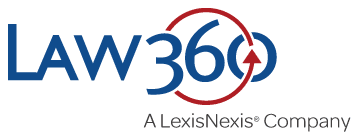
[Updated] The Ethics Case for Due Diligence: Azish Filabi’s New “Expert Analysis” on Law360
Blog The case for business ethics was recently made very clear to me when I co-chaired at the New York State Bar Association International Section’s Seasonal Meeting in Guatemala, particularly as it relates to hidden ethics risks in M&A transactions. I wrote a piece for the Law360 site as part of their "Expert Analysis" explaining these risks. It's a case study about A.P Moller-Maersk who purchased a port in Guatemala in 2016 just before it became embroiled in a corruption scandal, eventually adding another $43M to their acquisition costs to get a new, clean permit.
The case for business ethics was recently made very clear to me when I co-chaired at the New York State Bar Association International Section’s Seasonal Meeting in Guatemala, particularly as it relates to hidden ethics risks in M&A transactions. I wrote a piece for the Law360 site as part of their "Expert Analysis" explaining these risks. It's a case study about A.P Moller-Maersk who purchased a port in Guatemala in 2016 just before it became embroiled in a corruption scandal, eventually adding another $43M to their acquisition costs to get a new, clean permit.
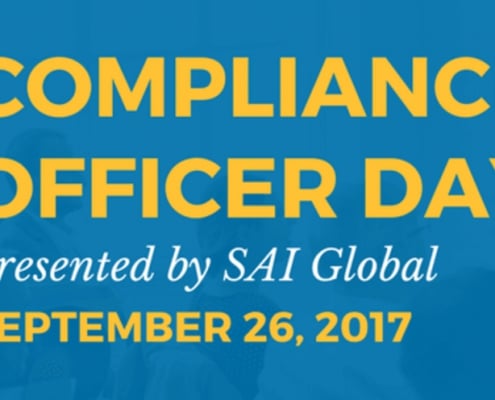
Ethical Systems is a Compliance Officer Day Champion
Blog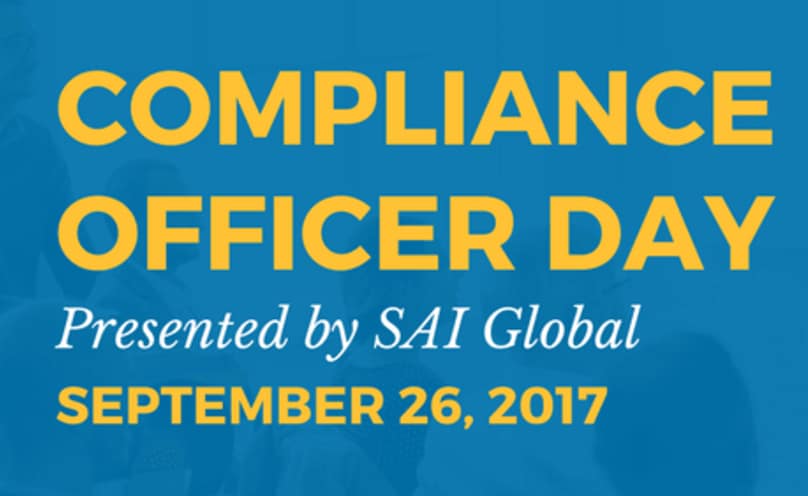 Ethical Systems is honored to have been chosen as a Compliance Officer Day Champion. Compliance Officer Day, on September 26, is an annual event put on by SAI Global recognizing the professionals who have dedicated their careers to the field of ethics and compliance. The goal is to raise awareness of resources, support wellness, and promote growth among the ethics and compliance community.
Ethical Systems is honored to have been chosen as a Compliance Officer Day Champion. Compliance Officer Day, on September 26, is an annual event put on by SAI Global recognizing the professionals who have dedicated their careers to the field of ethics and compliance. The goal is to raise awareness of resources, support wellness, and promote growth among the ethics and compliance community.
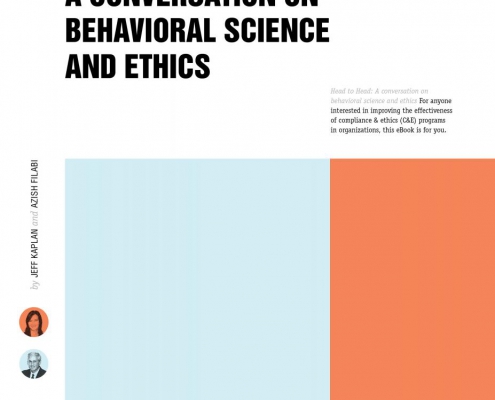
Ethical Systems Releases New Behavioral Science eBook: Head to Head: A conversation on behavioral science and ethics
Blog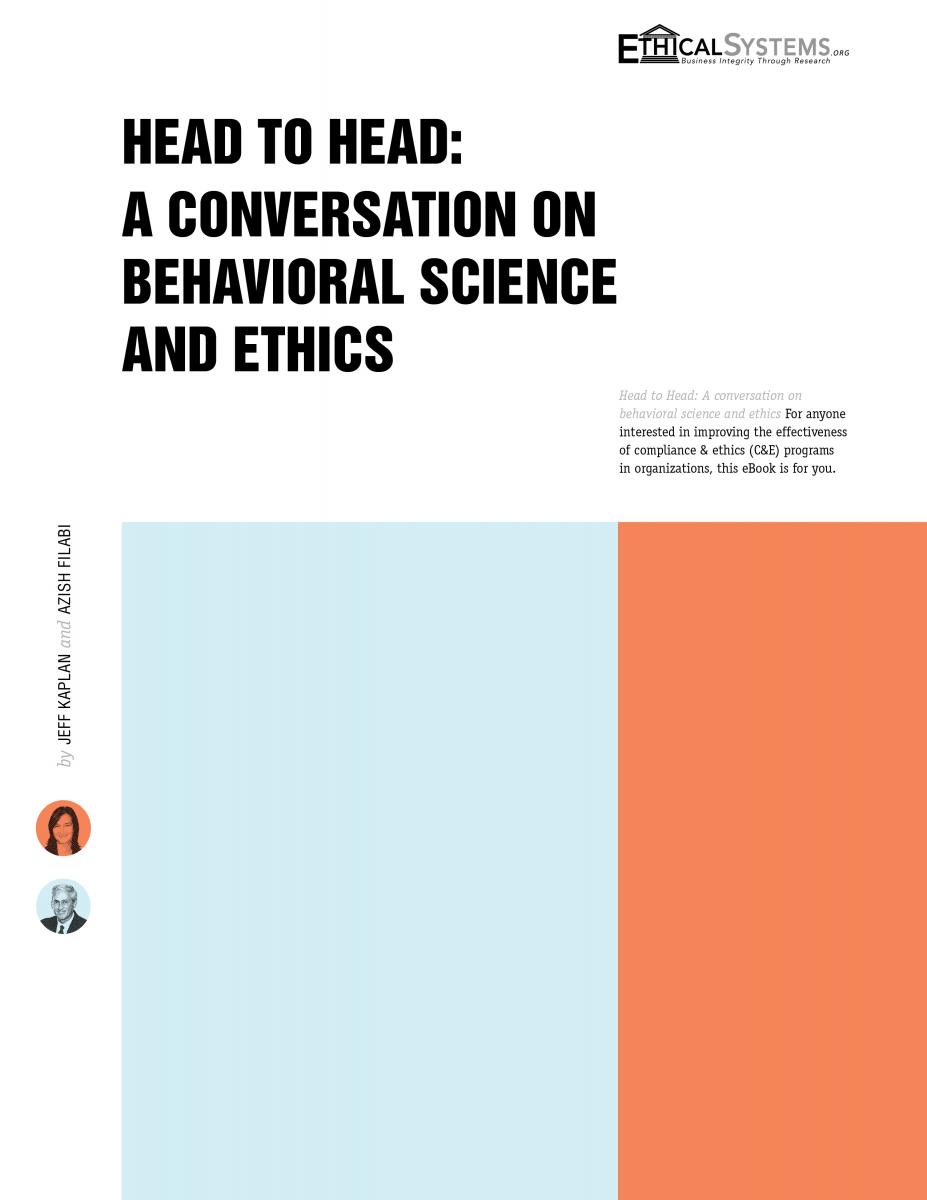 Ethical Systems Releases New Behavioral Science eBook: Head to Head: A conversation on behavioral science and ethics
Ethical Systems Releases New Behavioral Science eBook: Head to Head: A conversation on behavioral science and ethics
New York, NY – Ethical Systems is pleased to announce the release of Head to Head: A conversation on behavioral science and ethics a new, free eBook created to help practitioners in the ethics and compliance field integrate social and behavioral science research to help strengthen employee-focused programs.
Structured as a series of one-on-one conversations between Ethical Systems CEO Azish Filabi and Ethical Systems collaborator, Jeffrey Kaplan, partner at Kaplan & Walker, LLP, Head to Head demystifies academic research and makes findings applicable to practitioners. Research is curated and explained to make integration into existing programs easy and serviceable. Filabi's deep expertise as a lawyer and work as an Ethics Officer at the NY Fed coupled with Kaplan's pioneering writing on conflict of interest and tenure within the legal community, make for an ideal background from which to distil information and make it palatable for the business world. In addition, Head to Head: A conversation on behavioral science and ethics has been professionally designed to structure content and facilitate the application of the many lessons and tips featured throughout the eBook.
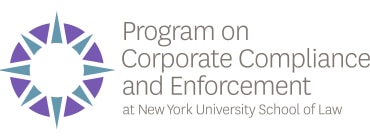
Are We In a Compliance Arms Race?
Blog Over at the NYU Law's Compliance and Enforcement blog, ES CEO Azish Filabi has written a guest post on whether companies are in a compliance arms race-- and the detrimental impact it can have on organizational culture and ethics.
Over at the NYU Law's Compliance and Enforcement blog, ES CEO Azish Filabi has written a guest post on whether companies are in a compliance arms race-- and the detrimental impact it can have on organizational culture and ethics.
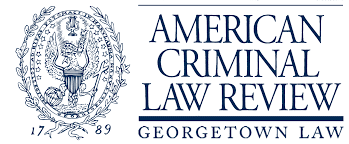
Cultures of Compliance with Donald C. Langevoort
Blog Donald Langevoort, Thomas Aquinas Reynolds Professor of Law at Georgetown Law has provided a copy of an article written for the American Criminal Law Review in which he deftly outlines a series of acute observations drawn from different social sciences—economics, psychology, sociology and anthropology—about cultures of compliance and noncompliance.
Donald Langevoort, Thomas Aquinas Reynolds Professor of Law at Georgetown Law has provided a copy of an article written for the American Criminal Law Review in which he deftly outlines a series of acute observations drawn from different social sciences—economics, psychology, sociology and anthropology—about cultures of compliance and noncompliance.
The abstract:
In the last few years especially, law-makers have increasingly invoked culture as something crucial to good compliance. The phrase “culture of compliance” has thus made its way into common legal discourse as describing both a goal and a marker. Precisely they mean by this is contestable, but there is enough evidence that the demand for healthy compliance culture is serious to invite careful thought. What is it, or should it be, and how might we know? This article draws from organizational behavior, behavioral ethics, and financial economics to develop an approach to how and why corporate cultures resist naively appealing interventions of “tone at the top” and ethical exhortation.
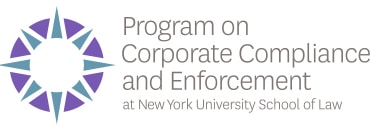
Crediting the Behavioral Approach
Blog This piece has been cross-posted from the NYU Law Compliance and Enforcement blog.
This piece has been cross-posted from the NYU Law Compliance and Enforcement blog.
By: Timothy J. Lindon, Vice President and Chief Compliance Officer at Philip Morris International Inc.
The compliance message to companies from Washington is practical and encouraging. Regulators are not looking to reward check-the-box programs or companies that simply say the right things about integrity in their Codes of Conduct. They are looking for innovative approaches that work to prevent misconduct in the real world, and can be measured.
The problem of course is identifying and measuring what works. We have lots of compliance metrics like training completion rates and the number of helpline calls, but none of them measures fully the impact of our programs on ethical decisions by individual employees. In fact, research shows that many of the activities credited under the federal sentencing guidelines may actually be counter-productive. For example, training that is regarded by employees as a check-the-box exercise is viewed as insincere and undermines compliance with policies.
So what works?

Lapsed Priorities: New Survey reveals lack of focus on bribery and corruption
Blog If the following survey results are any indication, a betting man would be doubling down on increased FCPA cases in 2016.
If the following survey results are any indication, a betting man would be doubling down on increased FCPA cases in 2016.
The study by international law firm Hogan Lovells and reported in the International Business Times highlights that, for over half of multinational companies, fighting bribery and corruption does not feature as a main priority.
The piece reveals that old habits die hard. A focus on short term sales goals, making deadlines/sales quotas and operating in areas where bribery runs rampant contribute to a casual attitude towards maintaining ethical behavior and staying true to internal values and external regulations.
Professionalism and Ethical Leadership From General Counsel’s Suite
Blog![]() Among the active debate among compliance professionals, lawyers, and commentators about the proper role of compliance within a corporate hierarchy, there is an emerging consensus that lawyers have become the “loophole finders” and that compliance must step in to protect the firm’s integrity and ethics.
Among the active debate among compliance professionals, lawyers, and commentators about the proper role of compliance within a corporate hierarchy, there is an emerging consensus that lawyers have become the “loophole finders” and that compliance must step in to protect the firm’s integrity and ethics.
Azish Filabi, CEO of Ethical Systems and Jim Lager, ES collaborator, have written a piece for Corporate Counsel that addresses this ongoing conversation. Read the piece on "Professionalism and Ethical Leadership From General Counsel’s Suite." >>
